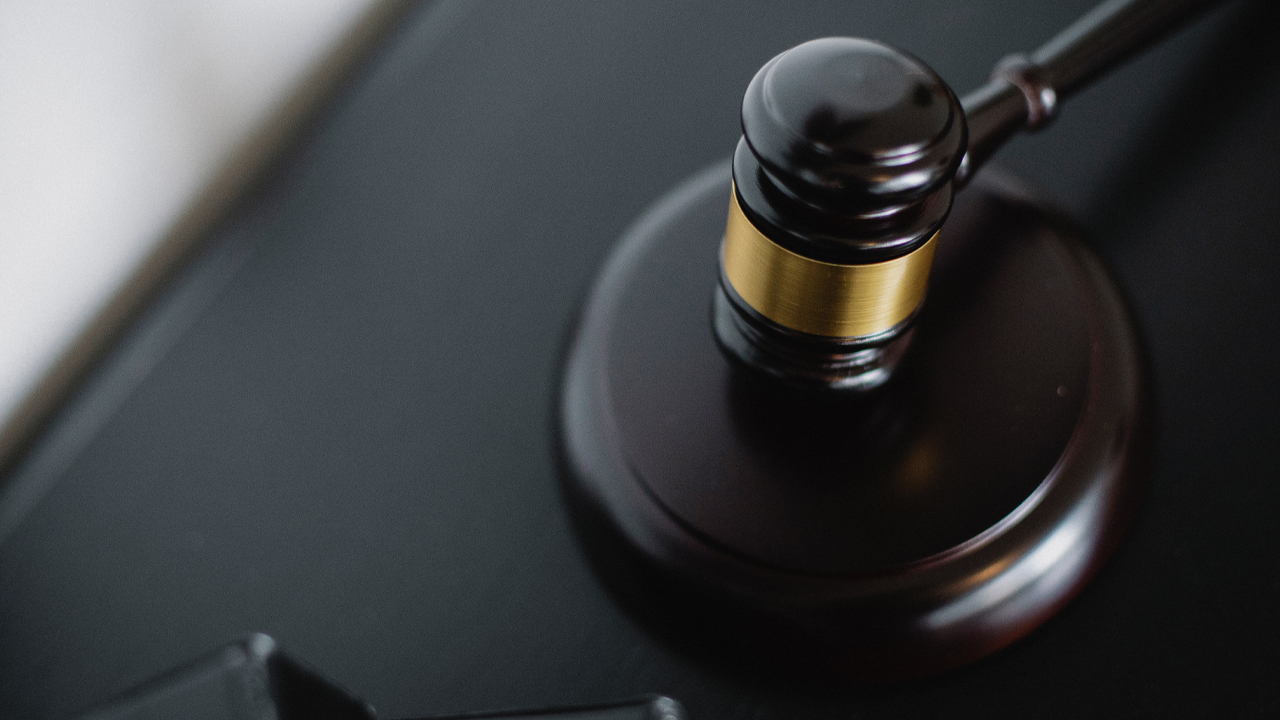Vandalism performed to against another person’s property is legally known as criminal mischief. Although it may look harmless or entertaining, criminal mischief in Florida is no joke. In fact, committing an act of vandalism is a property crime that carries severe punishments, such as jail or prison time.
At first glance, criminal mischief does not seem as severe as other misdemeanor or felony offenses. But given that these actions can be costly for others, Florida imposes severe penalties for this type of property crime. The U.S. Department of Justice estimates that vandalism costs $15 billion a year.
You should not overlook a charge for criminal mischief in Florida. If you were arrested for graffiti or any other form of vandalism, our Orlando criminal mischief lawyer might be able to help you. Seeking competent legal representation from a dedicated defense attorney might improve your chances of a positive outcome.
What Is Criminal Mischief in Florida?
Based on Florida Section 806.13, criminal mischief is intentionally damaging another person’s real or personal property through defacing or any other form of vandalism. Some common examples of property damage which are considered criminal mischief in Florida include, but are not limited to:
- Drawing graffiti
- Breaking windows
- Destroying mailboxes
- Scratching a car
- Defacing a building
- Trashing real estate property
For example, three teens were arrested for causing $100,000 in property damage to a middle school in Florida. Part of the damage included broken windows, backed-up sinks, broken security cameras, trashed classrooms, and damaged toilets, among other acts of vandalism.
There are three elements of criminal mischief offenses in Florida. In other words, to convict a person for this crime, the prosecution must prove these three elements beyond a reasonable doubt:
- The defendant damaged real estate or personal property.
- The property in question belongs to someone else.
- The damage was done willfully and maliciously.
In a criminal mischief charge, proving that alleged offenders damaged property on purpose, knowing that their actions would harm someone else’s property is key. Building on the previous example, the damage the three teenagers caused to the buildings, furniture, and equipment did not seem the result of an accident.
The fact that the teenagers broke into the school on a Sunday, stuffed some toilets and sinks with towels to flood rooms or used golf clubs to shatter some sanitary equipment may be enough evidence to prove intent.
If you or a loved one are facing a criminal mischief charge in Orlando, you should contact a defense attorney near you to explore your legal options.
Criminal Mischief Sentencing in Florida
Depending on the damage caused and the type of property vandalized, criminal mischief in Florida can be punished as a misdemeanor or a felony.
Criminal mischief charges in Florida for willful damage to another person’s real or personal property:
- Second-degree misdemeanor: $200 or less in damage.
- First-degree misdemeanor: More than $200 but less than $1,000 in damage.
In Florida, criminal mischief becomes a third-degree felony when:
- There is $1,000 or more in damage.
- Defendants deface or damage a memorial or historic property.
- Defendants destroy or substantially damage a public telephone or any device whose damage renders the phone inoperable.
- The property damaged is a church, synagogue, or place of worship and the damage is greater than $200.
- The property damaged is a detention center or a commitment facility for sex predators, and the damage is greater than $200.
Below is a table with the penalties associated with Florida criminal mischief offenses:
| Charge | Maximum fine | Maximum imprisonment |
|---|---|---|
| Criminal mischief: second-degree misdemeanor | $500 | 60 days |
| Criminal mischief: first-degree misdemeanor | $1,000 | 1 year |
| Criminal mischief: third-degree felony | $5,000 | 5 years |
According to Florida Section 806.13, if the damage is related to drawing graffiti, offenders may be required to pay an additional fine of:
- No less than $250 for a first conviction
- No less than $500 for a second conviction
- No less than $1,000 for a third or subsequent conviction
In addition to the penalties mentioned above, a conviction for placing graffiti can also include community work and, if the offender is a minor, the suspension or revocation of their driver license.
Is Criminal Mischief a Misdemeanor Exception?
Under Florida law, any act of criminal mischief or a graffiti-related offense is considered a misdemeanor exception. In other words, if a police officer has probable cause to believe that someone has committed an act of vandalism, they do not need a warrant to arrest that person. An Orlando-based lawyer can further explain how the concept of being a misdemeanor exception applies to criminal mischief charges during an initial consultation.
How to Beat a Criminal Mischief Charge
A defense attorney can help you identify the most suitable path to fight a criminal mischief charge in Orlando. Since having the intent to damage someone’s property is critical in this type of case, defense lawyers may try to prove “lack of intent” if applicable to the client’s situation.
For instance, in Sanchez v. State, the defendant appealed his conviction for criminal mischief. The charges arose when Sanchez attempted to pay with a credit card that did not belong to him. When the clerk at the convenience store realized this, he refused to return the credit card to Sanchez and attempted to call the police.
In response, Sanchez tried to recover the credit card by using force. He bit the clerk’s hand and, during the struggle, the clerk dropped his telephone, and it broke. Among other charges, Sanchez was also charged with criminal mischief due to the broken phone. However, the court found that there was no evidence showing that Sanchez meant to damage the clerk’s telephone and that the damage to the telephone resulted from the struggle. The court reversed his conviction for criminal mischief.
Building a strong defense for a charge depends on the specific circumstances of each case. You should consult an Orlando lawyer familiar with criminal mischief charges to explore the legal avenues available to your situation.
Protect Your Rights – Speak to an Orlando Criminal Mischief Attorney
Property crimes such as criminal mischief, or vandalism, may seem inoffensive. However, these actions are considered criminal offenses, meaning that they can lead to incarceration and hefty fines. If you are facing these types of charges, an experienced Orlando criminal mischief lawyer can help you prepare a strong defense.Z. Hernandez Law is a criminal defense law firm that serves clients facing charges for criminal mischief and other offenses in Orange, Seminole, Lake, Brevard, Volusia, and Osceola counties. Call our team to schedule your legal consultation.

